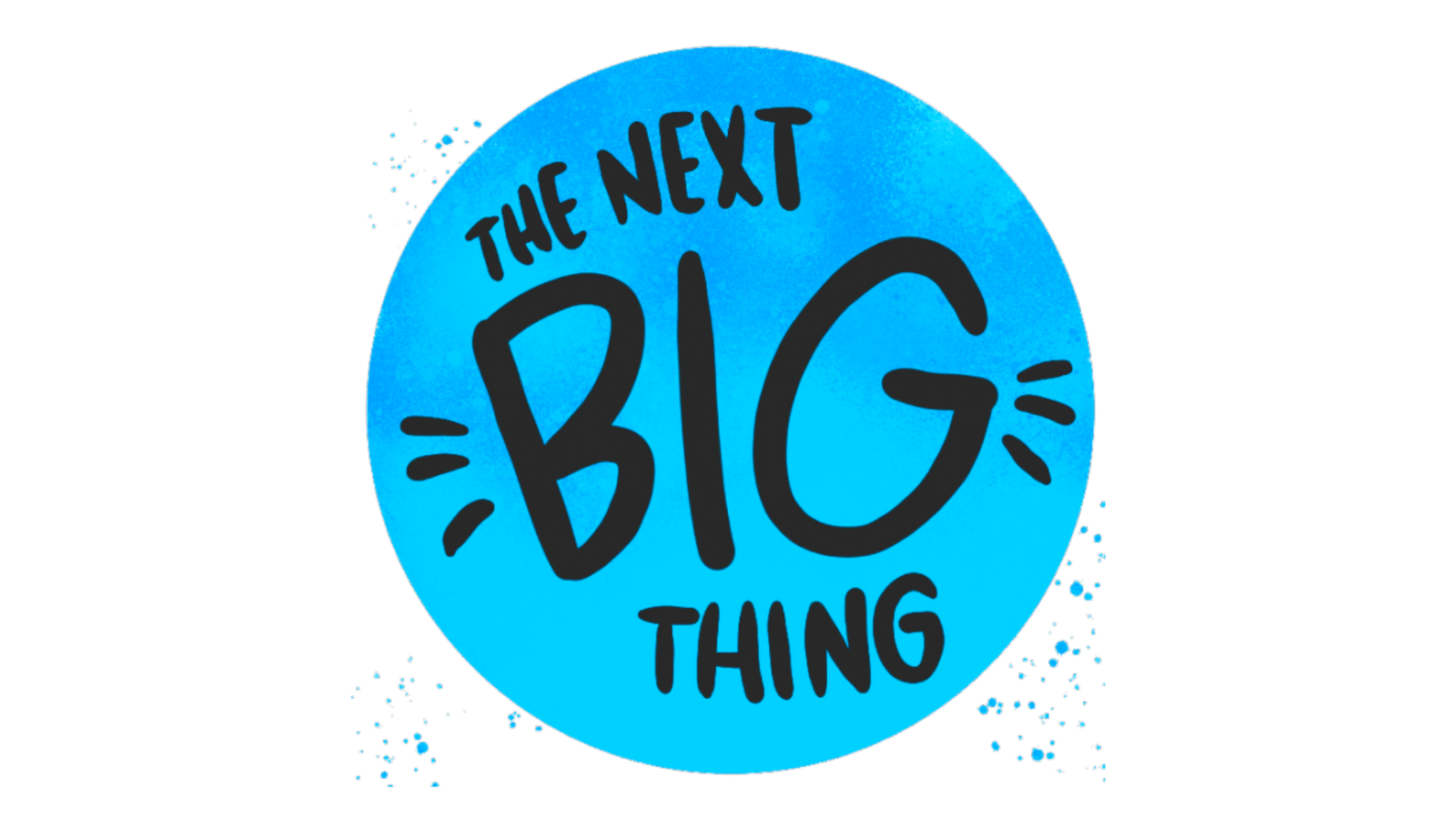
I’ve been trying to think of the next big thing. Someone asked me on a conference call: what’s the next big thing? I’ve always been on top of the next big thing. Whether it’s the metaverse, AI, blockchain, cloud computing or whatever, there’s always the next big thing. So, what is the next big thing?
Quantum computing? Super Artificial Intelligence? Virtual Worlds? The Singularity?
Truth is that there is no next big thing today. There’s just the thing. The thing is the evolution of technologies to take us from today into tomorrow.
In fact, what I find weird is that there is usually some magical new tech that gets us all excited. Some of us would say it’s Meta’s Ray-Ban sunglasses or Apple’s Vision Pro, but neither of those do much for me. I guess it’s because I was an early entrant into those technologies and wasn’t impressed. Timing is everything and, right now, these early augmented and virtual technologies are too heavy and clunky to be attractive (to me anyway).
But, sitting in my financial services space, I watch all of these developments with interest because everyone keeps telling me it will disrupt banking. Will it?
Banking has been impacted by the rise of fintech for sure, but how much?
Well, so far, only in payments and lending, including BNPL. Having said that, in those areas, it’s been pretty substantial. A recent article in The Financial Brand shared that “in 2017, software-based payment companies Toast, Flywire, and the still-private Stripe processed just shy of $60 billion in payments, but by 2022 their total payment volume jumped to $927 billion — rising from 3% to 42% of incumbent FIS’s volume.
“In the wealth management world … Robinhood’s dramatic rise in 2019 spurred incumbents including Interactive Brokers, Charles Schwab, TD Ameritrade, and E-Trade to forgo commissions. Schwab and Ameritrade (which later merged) estimated that [the result was] trading fees eliminated $1.4 billion in annual revenue.”
That’s significant, but this is not banking. It is payments and trading. Meanwhile, Core banking is still just that: core. In fact, I often quote Bill Gates in my presentations who said we need banking but we don’t need banks, and make it clear that he was wrong. We need banks, but we don’t need banks to do payments, credit, savings, investments. We just need banks to do banking. Why? Because banks are licensed for trust. They are licensed to be a store of value, a trusted intermediary, a cross-border authority.
Who needs to license a bank?
Today, it’s a government who then guarantees that the bank will pay back a certain amount of money through an insurance scheme. In the UK it’s the Financial Services Compensation Scheme, which guarantees your bank account is protected to the value of £85,000; in Europe it’s €100,000 under the European Deposit Guarantee Scheme (DGS); in the USA, it’s $250,000 backed by the Federal Deposit Insurance Corporation (FDIC).
These schemes are important for many reasons but uppermost is that your money is protected, up to a certain value. You don’t have that protection with cryptocurrencies or virtual or digital currencies, unless they are fiat issued and government backed.
And I guess this is where the rubber hits the road in that, as I look at failures of exchanges like Binance and FTX, the big failure is not just the exchange, or the belief in the exchange, but the belief in the system that has no governance, backing or insurance.
This is where I’ve had my big argument with Libertarians for the past decade and a half. I have no issue with money or value being created in a digital or virtual world but, if it’s not backed by anything, it’s worth nothing.
There has to be a blanket coverage for the risk of failure.
It’s a lesson I’ve learned personally over and over again, and the key to this is not that you have to use a bank with a government license; you have to use a service that has a clear governance and a license to deal with value, storage of currency and trade across borders. It does not need to be government issued – it can be the governance of the network of the people – but it does need to have a guarantee.
With no license, guarantee or proof of storage of value, you are purely dealing with a Wild West.
So, I make this comment regularly: to be a bank in a virtual world, you need to be a bank in the real world … and I can prove it.
The point of this blog is that there will be new things, big things, other things, everything … but there will always be a bank with a license, whether you like it or not.
Chris M Skinner
Chris Skinner is best known as an independent commentator on the financial markets through his blog, TheFinanser.com, as author of the bestselling book Digital Bank, and Chair of the European networking forum the Financial Services Club. He has been voted one of the most influential people in banking by The Financial Brand (as well as one of the best blogs), a FinTech Titan (Next Bank), one of the Fintech Leaders you need to follow (City AM, Deluxe and Jax Finance), as well as one of the Top 40 most influential people in financial technology by the Wall Street Journal's Financial News. To learn more click here...

